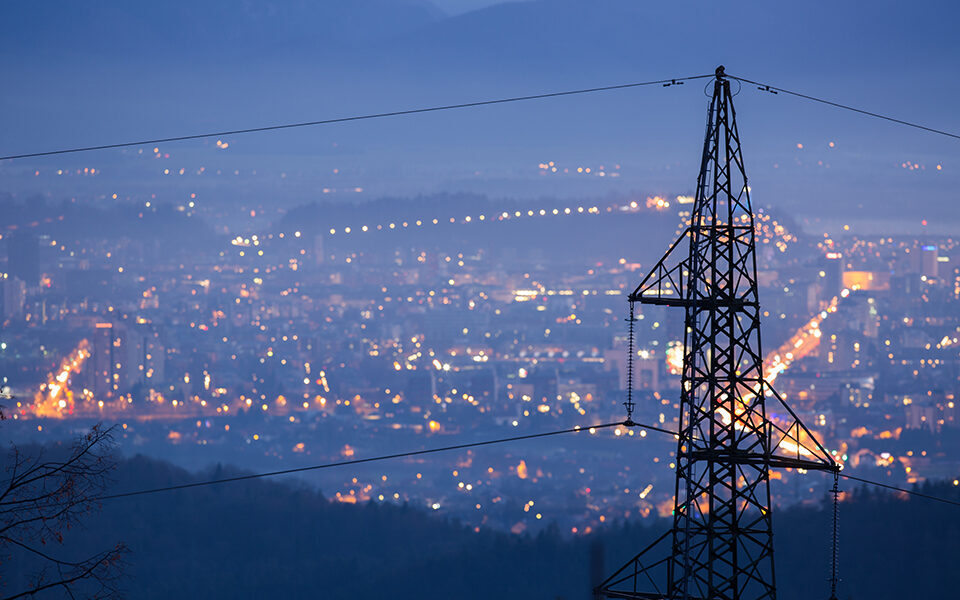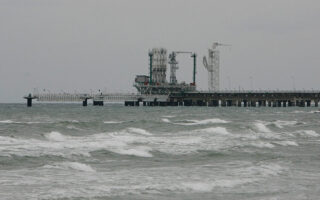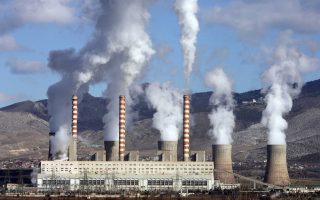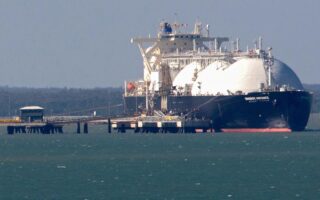Why Greece still has costly power rates

For the second week in a row, Greece stands on the European map of wholesale electricity markets as the only country that does not reflect the significant de-escalation of the gas price at the Dutch TTF hub, which has returned to the levels before the Russian invasion of Ukraine.
The price of a megawatt-hour in the Greek electricity market is still the highest in Europe (at 269 euros on Tuesday), with a spread of €120/MWh even from the neighboring interconnected market of Bulgaria and more than €123/MWh from the markets of Germany and France.
On the monthly level (December 2022), Greece was the sixth most expensive market in Europe with a mean rate of €276.9/MWh, behind Belgium, Ireland, France, Switzerland and Italy. Year-on-year, it is the third most expensive market in Europe with a rate of €279.89/MWh, behind Switzerland and Italy.
The significant price divergence from the rest of Europe has been at the center of political controversy since last week, with the government attributing it to the way domestic producers price gas differently compared to the rest of Europe.
In Greece, the natural gas pricing model takes into account the average rate of the previous month against the daily price set in the stock market, a pricing model that applies in other European countries.
This delay does not allow for the immediate pass-on to the wholesale electricity price of the decline in the price of natural gas, as happened in the rest of the markets, where prices even fell to zero levels.
If that factor alone made a difference in prices, then it would be a matter of time before the convergence with the European average, which is not borne out by the data for the average price in December, let alone the average price in 2022, but also the data for the pre-crisis period, where Greece was among the countries with the highest electricity prices in the wholesale market.
The main reason for the high prices lies in the fuel mix for power generation, in which natural gas has a dominant position with a percentage of over 40%. The share of lignite is low, while renewables can only set a price for a few hours.
Greece’s shallow stock market, limited production competition and limited interconnections are also key factors that are pushing prices up.




